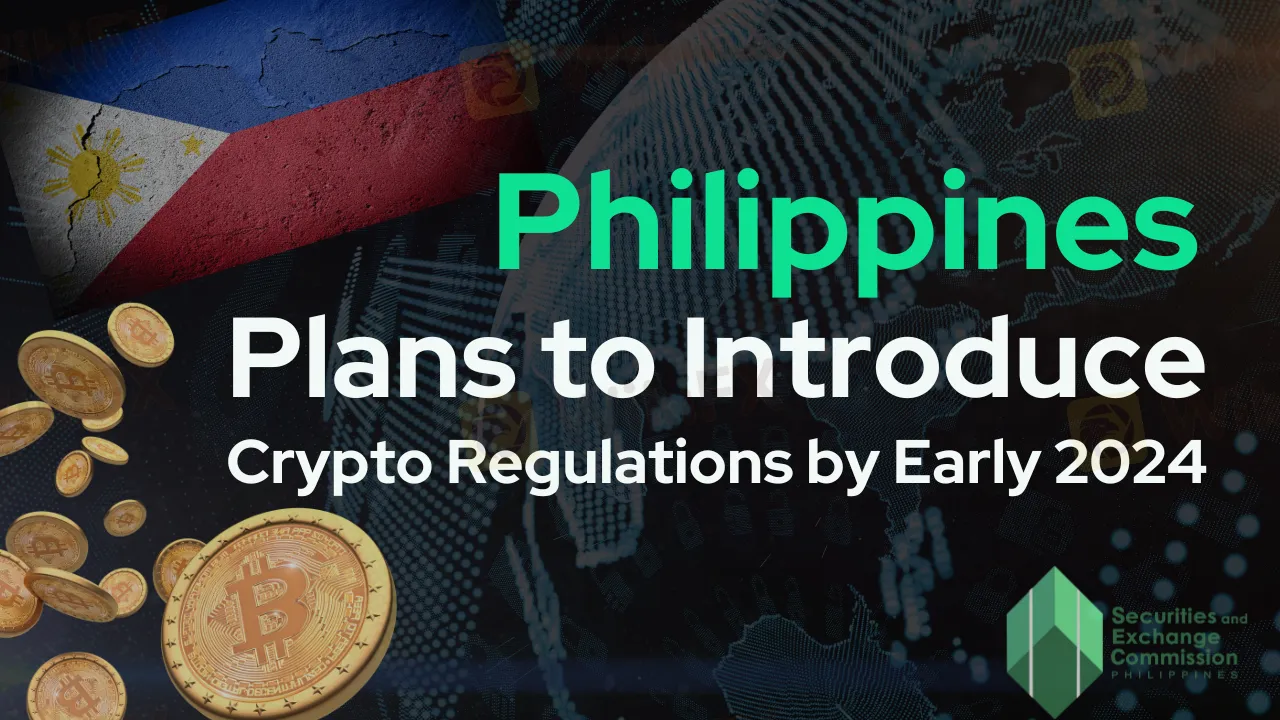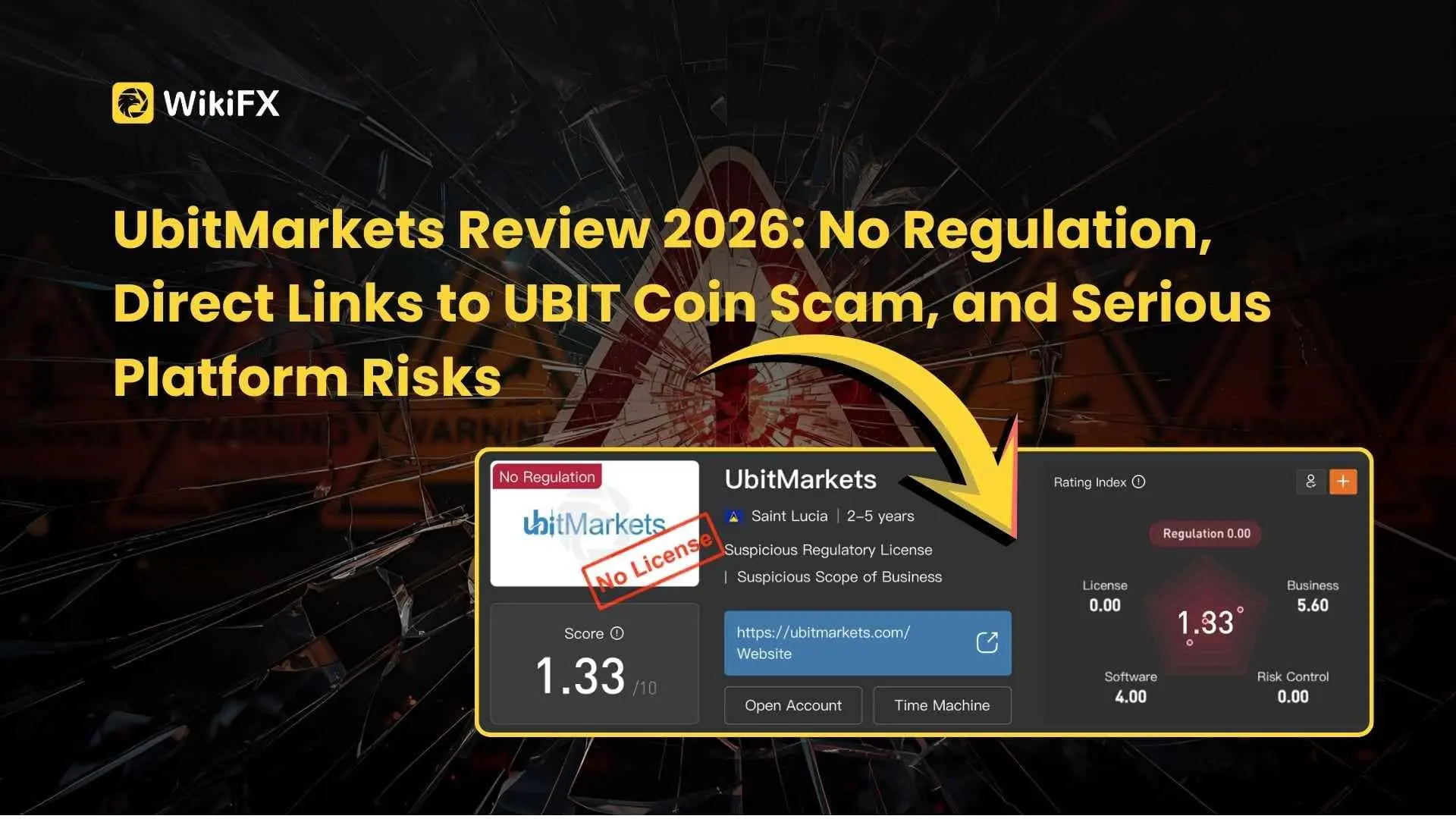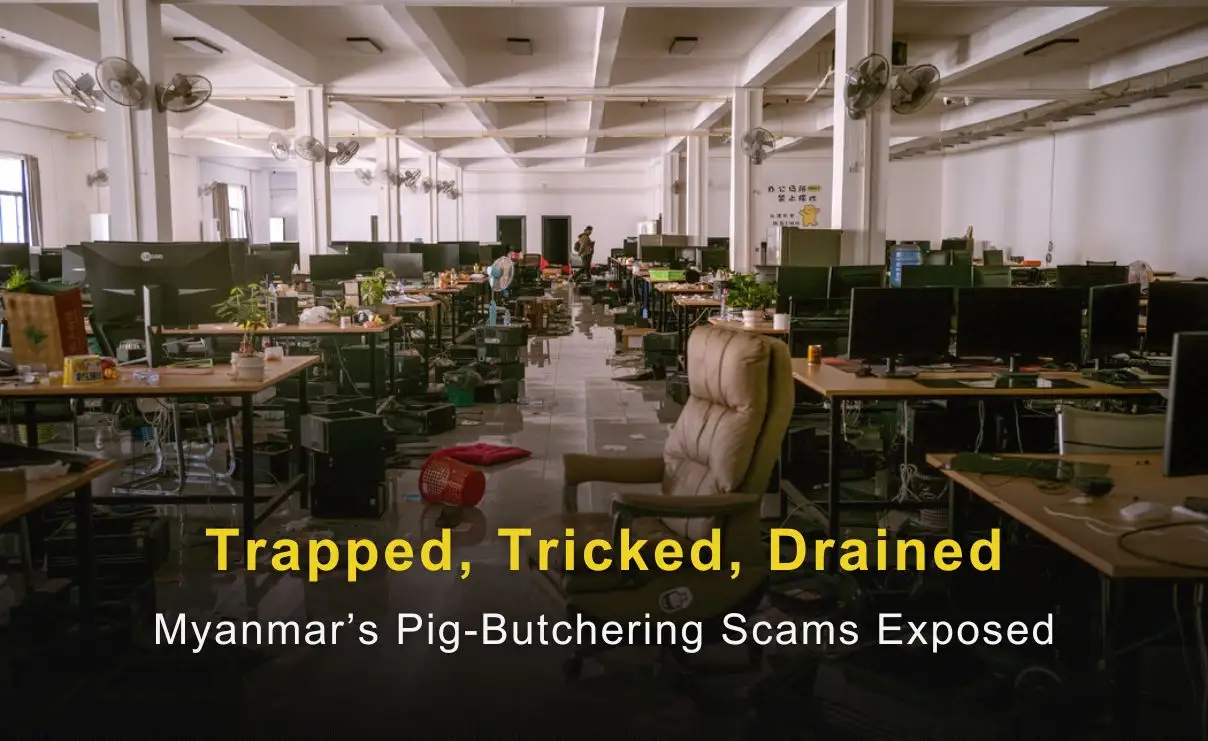UbitMarkets Review 2026: No Regulation, Direct Links to UBIT Coin Scam, and Serious Platform Risks
UbitMarkets review reveals no valid license and direct links to a fraudulent project, raising serious concerns over investor fund safety.
简体中文
繁體中文
English
Pусский
日本語
ภาษาไทย
Tiếng Việt
Bahasa Indonesia
Español
हिन्दी
Filippiiniläinen
Français
Deutsch
Português
Türkçe
한국어
العربية
Abstract:In the race to regulate cryptocurrencies, the Philippines is charting its own course. The country's Securities and Exchange Commission (SEC) recently revealed its intentions regarding the crypto landscape in the archipelago. In an exclusive interview during Philippine Blockchain Week, Kelvin Lester Lee, the Philippine SEC Commissioner, shed light on the agency's approach to cryptocurrencies, stablecoins, NFTs, and collaboration with neighboring countries.

In the race to regulate cryptocurrencies, the Philippines is charting its own course. The country's Securities and Exchange Commission (SEC) recently revealed its intentions regarding the crypto landscape in the archipelago. In an exclusive interview during Philippine Blockchain Week, Kelvin Lester Lee, the Philippine SEC Commissioner, shed light on the agency's approach to cryptocurrencies, stablecoins, NFTs, and collaboration with neighboring countries.
The Philippines, known for its growing interest in cryptocurrencies, had initially delayed the publication of its crypto regulatory framework due to the late 2022 collapse of FTX, a cryptocurrency exchange. The framework's release was postponed as the SEC sought to address potential risks and protect the public.
The crypto framework, according to Commissioner Lee, will be accessible for public discussion shortly, most likely within the next month. The implementation schedule will be determined by public comment, although it might take effect by the end of the year or in the first or second quarter of 2024. The SEC seeks to establish a balance between regulation and the ability of firms, particularly crypto platforms, to operate efficiently.
Commissioner Lee clarified that not all cryptocurrencies would be regulated. The SEC plans to assess and determine which digital assets should be considered securities and, therefore, subject to regulation. This approach reflects the agency's commitment to adapt to the evolving financial landscape while safeguarding the interests of the public.

Regarding the SEC's attitude on cryptocurrencies, stablecoins, and NFTs, Commissioner Lee voiced openness to cryptocurrencies as part of the financial development, with the proviso that they must conform with existing laws. NFTs, on the other hand, will be handled differently depending on how they are used. They will be uncontrolled if utilized for artistic reasons. However, if they serve as actively traded digital assets, a new regulatory framework would be utilized, similar to the system used by the Monetary Authority of Singapore.
The Philippines actively collaborates with other Southeast Asian countries through the ASEAN Capital Markets Forum. This collaborative effort ensures that regulators across the region discuss and coordinate their regulatory approaches to digital assets and cryptocurrencies.
The interview also touched upon the U.S. SEC's recent actions in what some consider a crackdown on the crypto industry. Commissioner Lee emphasized that there are currently no plans to mirror such a move in the Philippines. The two agencies maintain good relations, with the U.S. SEC even providing training to their Philippine counterparts. Any potential crackdown in the Philippines would depend on the behavior of local players and the need to address abuses.
The interview concluded with a discussion of the proliferation of crypto scams in the Philippines. Commissioner Lee urged the public to exercise caution and verify the legitimacy of companies and investments through the SEC. Many of these scams, he noted, are not inherently crypto-related but often use the crypto tag to attract unsuspecting investors.
In summary, the Philippines is on track to establish a comprehensive regulatory framework for cryptocurrencies and digital assets, with a commitment to balancing innovation and protection for its citizens. The SEC encourages public input as it moves forward in shaping the future of crypto regulation in the country.

Disclaimer:
The views in this article only represent the author's personal views, and do not constitute investment advice on this platform. This platform does not guarantee the accuracy, completeness and timeliness of the information in the article, and will not be liable for any loss caused by the use of or reliance on the information in the article.

UbitMarkets review reveals no valid license and direct links to a fraudulent project, raising serious concerns over investor fund safety.

A rare inside look at a scam compound in Myanmar reveals how a global, industrial-scale fraud network operates—using trafficked labour, fake identities, deepfakes and staged romance to systematically drain victims’ savings worldwide.

Is withdrawing capital from PaxForex too difficult for traders? Has the China-based forex broker made you trade gold, silver and cryptocurrencies despite not having an office in the United States? Do you find its operational style suspicious? You are not alone! Several traders have expressed these concerns when trading with the broker. In this PaxForex review article, we have exposed the broker through user comments made on several review platforms. Take a look!

UK FCA urges firms to tighten complex ETP sales, citing rising retail demand and risks tied to leverage and social media promotions.
